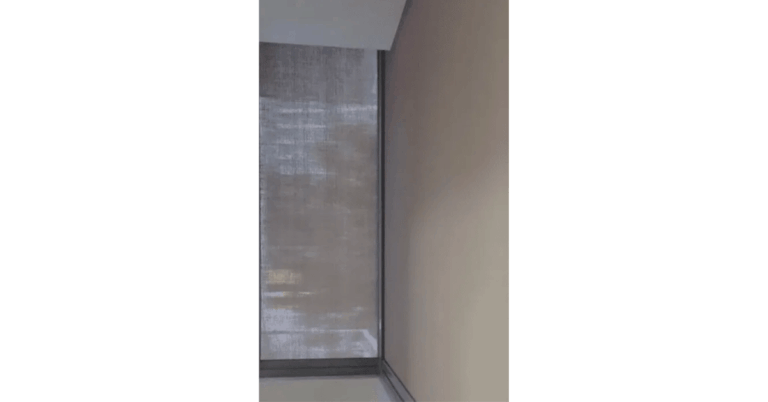The Psychology of Home Design: Creating Spaces That Inspire
Color choices have a significant impact on our mood and emotions. Different colors have the power to evoke various feelings and reactions within us. For example, warm tones like red and orange can promote feelings of energy and excitement, while cool tones such as blue and green are often associated with calmness and relaxation.
It is essential to consider the psychological effects of colors when designing living spaces or choosing a color palette for a room. By selecting colors that align with the desired atmosphere, individuals can create environments that support their well-being and overall mental health. Whether it’s incorporating vibrant hues to boost creativity or opting for soothing shades to promote a sense of tranquility, the colors we surround ourselves with play a significant role in shaping our emotional experiences.
Utilizing Natural Light to Enhance Well-being
Natural light plays a crucial role in influencing our overall well-being. Exposure to natural light has been shown to boost mood, increase energy levels, and improve sleep quality. Research suggests that spending time in well-lit environments during the day can help regulate our circadian rhythm, resulting in a more balanced sleep-wake cycle.
Furthermore, natural light has been linked to enhanced productivity and concentration levels. Studies have found that individuals working in environments with ample natural light tend to be more focused and productive compared to those in dimly lit spaces. By harnessing the power of natural light in our daily lives, we can create spaces that promote feelings of vitality and mental clarity.
The Influence of Furniture Placement on Mental Clarity
Furniture placement in a space can play a significant role in influencing mental clarity. When furniture is arranged in a cluttered or chaotic manner, it can create a sense of disarray and distract from focus. On the other hand, strategically placing furniture in a way that promotes flow and organization can help create a conducive environment for clear thinking and concentration.
The placement of key pieces like desks, chairs, and bookshelves can impact the overall energy of a room. Ensuring that furniture is positioned in a way that allows for easy movement and access to necessary items can help reduce mental strain and enhance productivity. By thoughtfully arranging furniture to create a harmonious and functional layout, individuals can optimize their space for improved mental clarity and cognitive performance.






